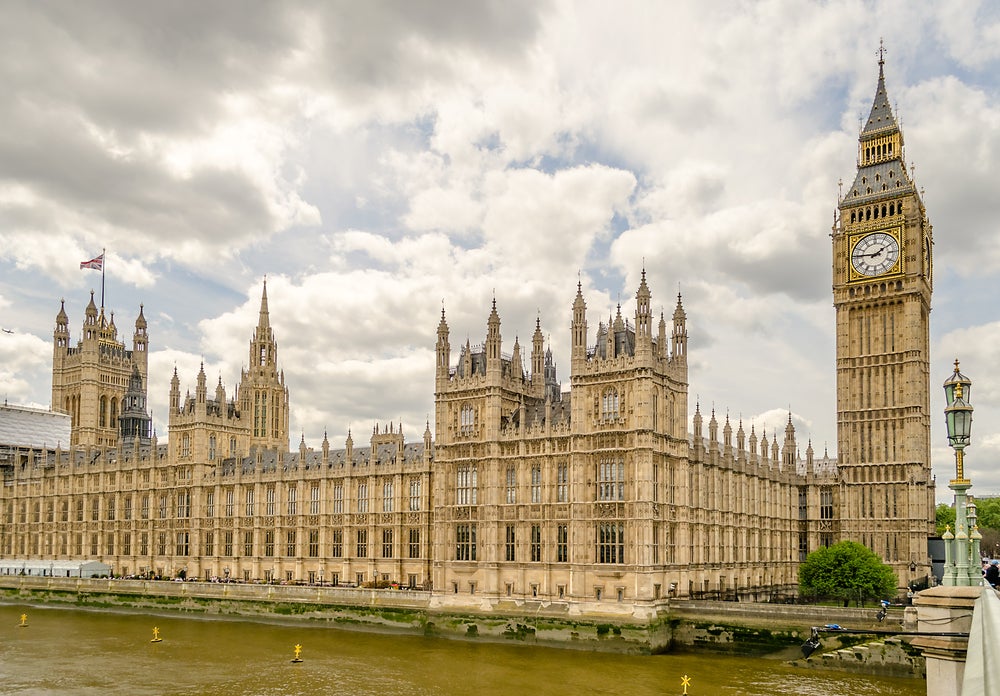
Digital bosses from Facebook, Google and Twitter could be called in for questioning by MPs if the media select committee goes ahead with a fake news inquiry said to be planned for the coming months.
Damian Collins, chairman of the Culture Media and Sport Select Committee, told the Sunday Telegraph that sessions could begin in early summer with executives asked to explain what they were doing to tackle the dangers of fake news.
Ministers are understood to have spoken about the problem of fake news with the News Media Association, which represents local, regional and national news media publishers in the UK.
Collins told the paper: “What’s interesting is we’ve accepted that search engines have a responsibility to combat piracy on their websites.
“In a similar way, I think social media [companies] have a responsibility to ensure their platforms are not being used to spread malicious content.
“Particularly around elections there is a responsibility to democracy as well to ensure their platforms aren’t being perverted to support the distribution of fake and malicious news.”
Digital and culture minister Matt Hancock is expected to hold a round-table discussion on the topic of fake news amid growing concern about its threat to the media industry.
It comes after US President-Elect Donald Trump said salacious claims about him in a dossier reported by US broadcaster CNN and online news publisher Buzzfeed were “fake news”.
The Labour Party is already calling for evidence as part of its own inquiry into fake news, launched by Labour shadow culture, media and sport secretary Tom Watson MP and led by Michael Dugher MP.
The party has said it is keeping an “open mind” about its findings, with a report expected in Spring.
The BBC said last week that it would make its Reality Check fact checking service a permanent feature of its news coverage in a bid to crackdown on fake news being proliferated on social media.
BBC director of news and current affairs James Harding said: “We will fact check the most popular outliers on Facebook, Instagram and other social media… where we see deliberately misleading stories masquerading as news, we’ll publish a Reality Check that says so.”
Facebook has unveiled a string of measures to tackle fake news on its platform, including allowing users to flag up a story they believe to be a hoax and using third-party fact checking organisations to review stories.
Email pged@pressgazette.co.uk to point out mistakes, provide story tips or send in a letter for publication on our "Letters Page" blog

